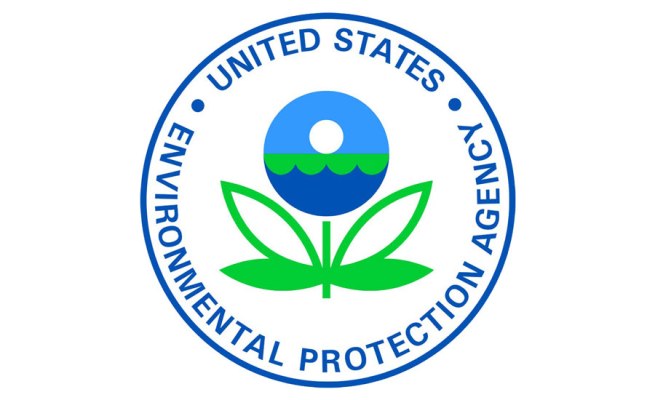The Trump administration has told the EPA that its scientific work must pass through a political vetting process before being released, multiple sources indicate. I’ve asked the EPA for confirmation on their side of this policy, but Doug Erickson, head of Trump’s EPA transition team, has made it clear to NPR and the AP, among others, that “We’re taking a look at everything on a case-by-case basis, including the web page and whether climate stuff will be taken down.”
This would be in direct contradiction with the EPA’s own “scientific integrity policy,” (PDF) put in place in 2012, which says:
To operate an effective science and regulatory agency like the EPA, it is also essential that political or other officials not suppress or alter scientific findings.
[The policy] Prohibits managers and other Agency leadership from intimidating or coercing scientists to alter scientific data, findings, or professional opinions or inappropriately influencing scientific advisory boards. In addition, policy makers shall not knowingly misrepresent, exaggerate, or downplay areas of scientific uncertainty associated with policy decisions.
This policy could, of course, simply be abolished.
The EPA and other agencies that conduct research have been restricted in their public communications before: higher-level reports were tampered with during George W. Bush’s presidency, and the Union of Concerned Scientists took issue with Obama-era restrictions on press access to scientists. Scientific studies would have been reviewed by peers.
But the outright requirement that studies and data be approved through a political process has no recent precedent. Erickson did not detail the process by which studies would be vetted, nor whether the process would be a permanent or temporary feature of the administration.
This act bodes ill for scientists at federal agencies and using federal grant money who value the freedom to publish such information locally and abroad via social media, journals, and online outlets. It also suggests that moves over the last week to change or restrict online communications and social media posts by other agencies were not isolated or unrelated actions.
